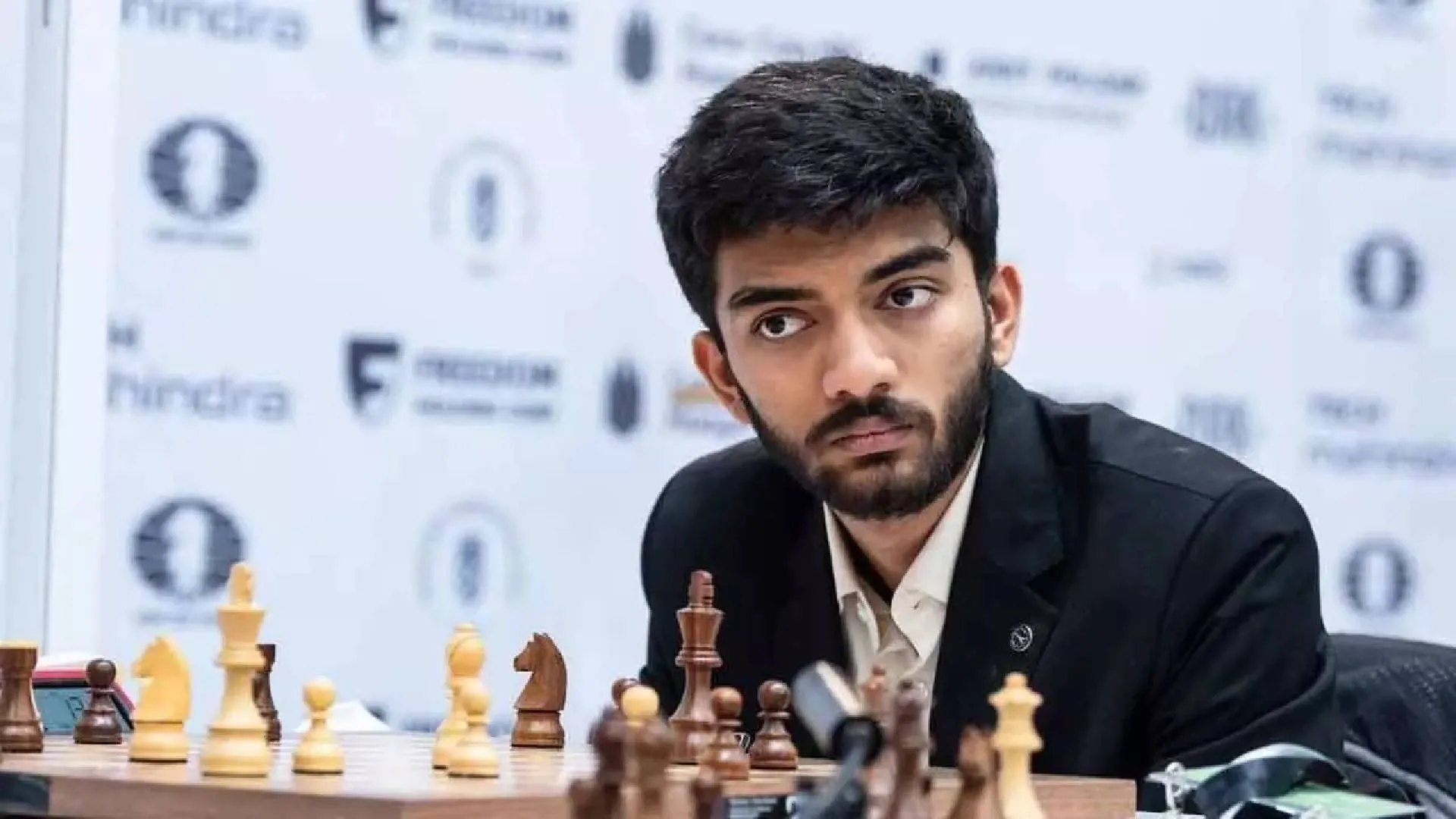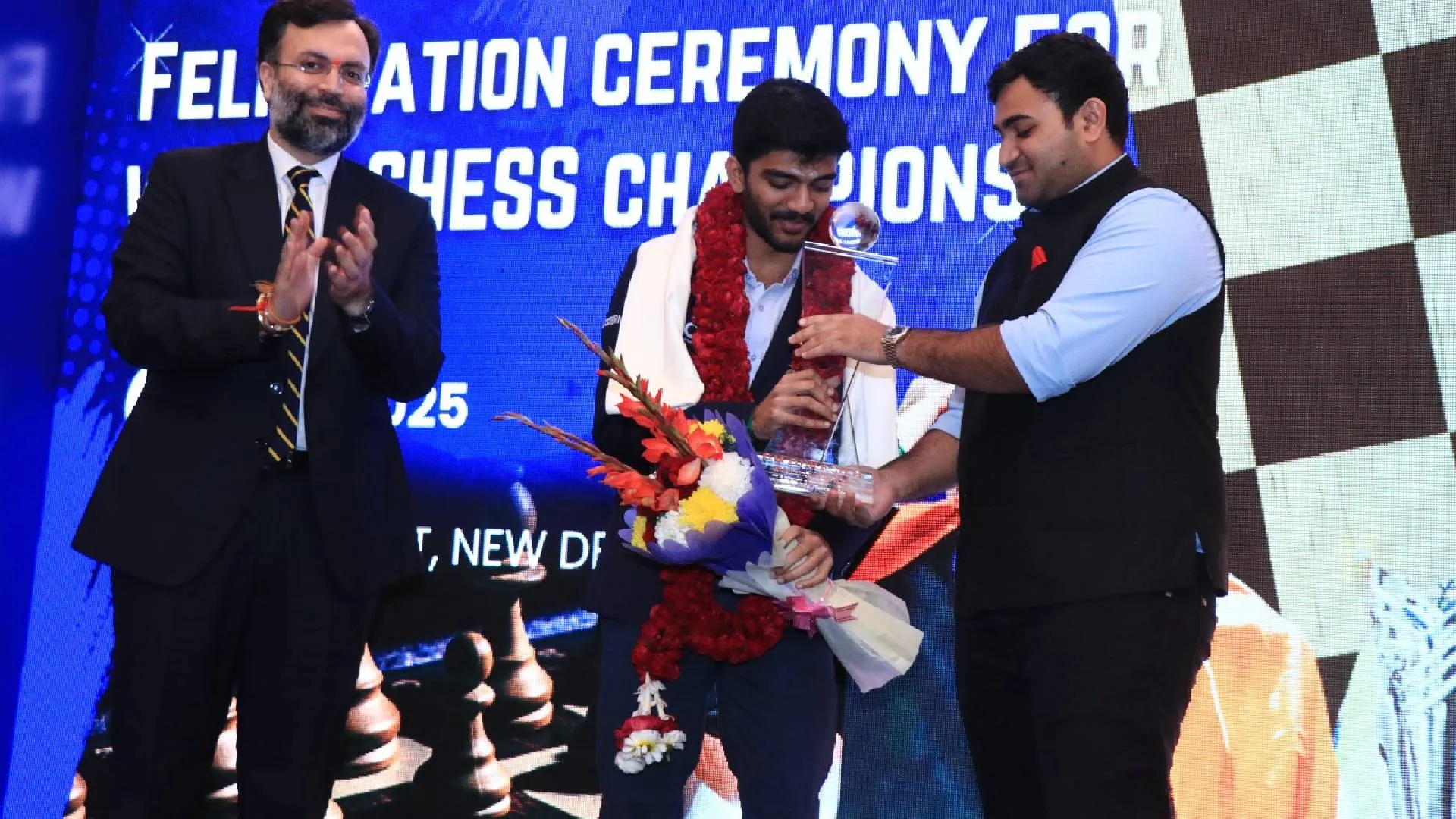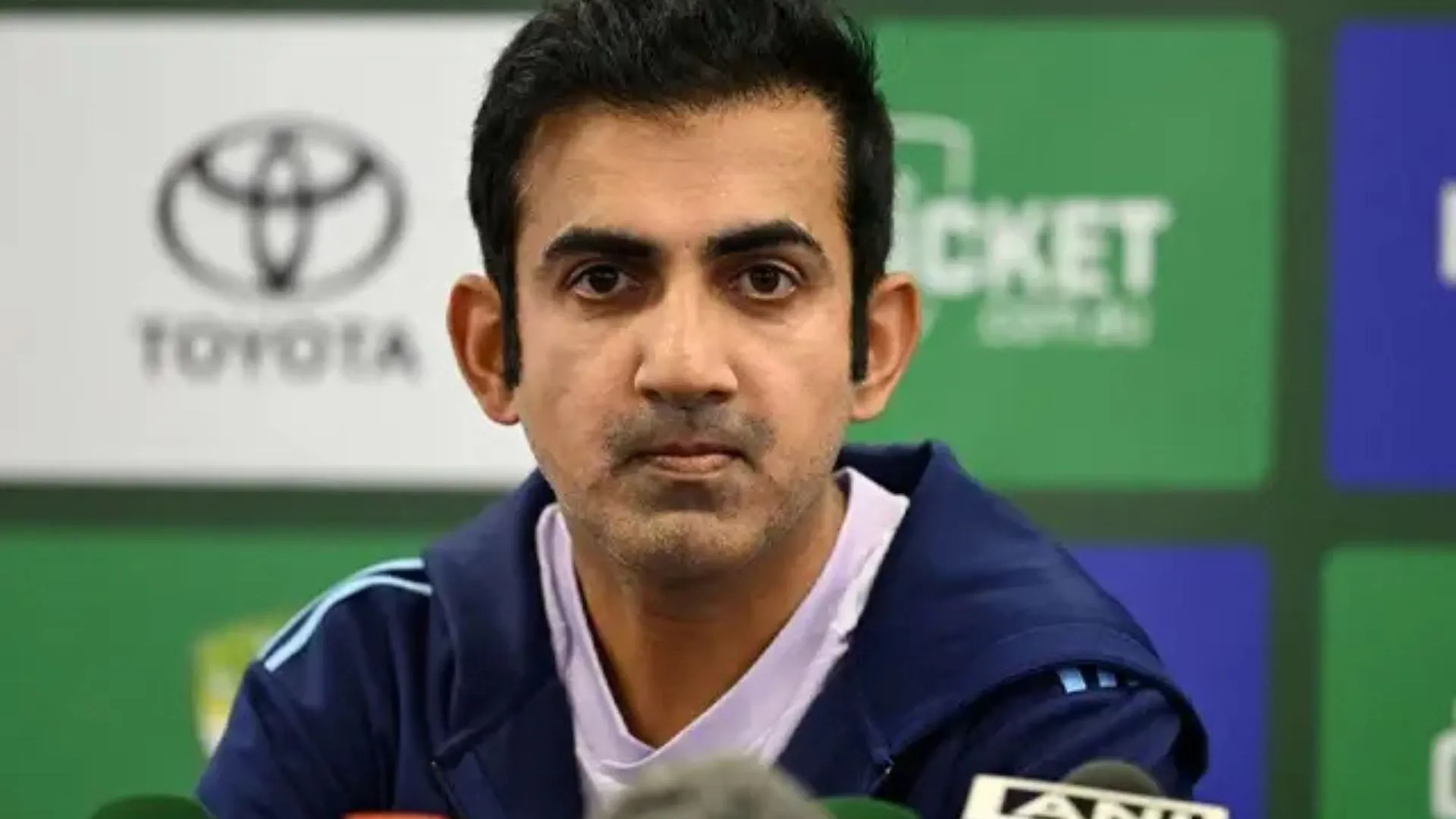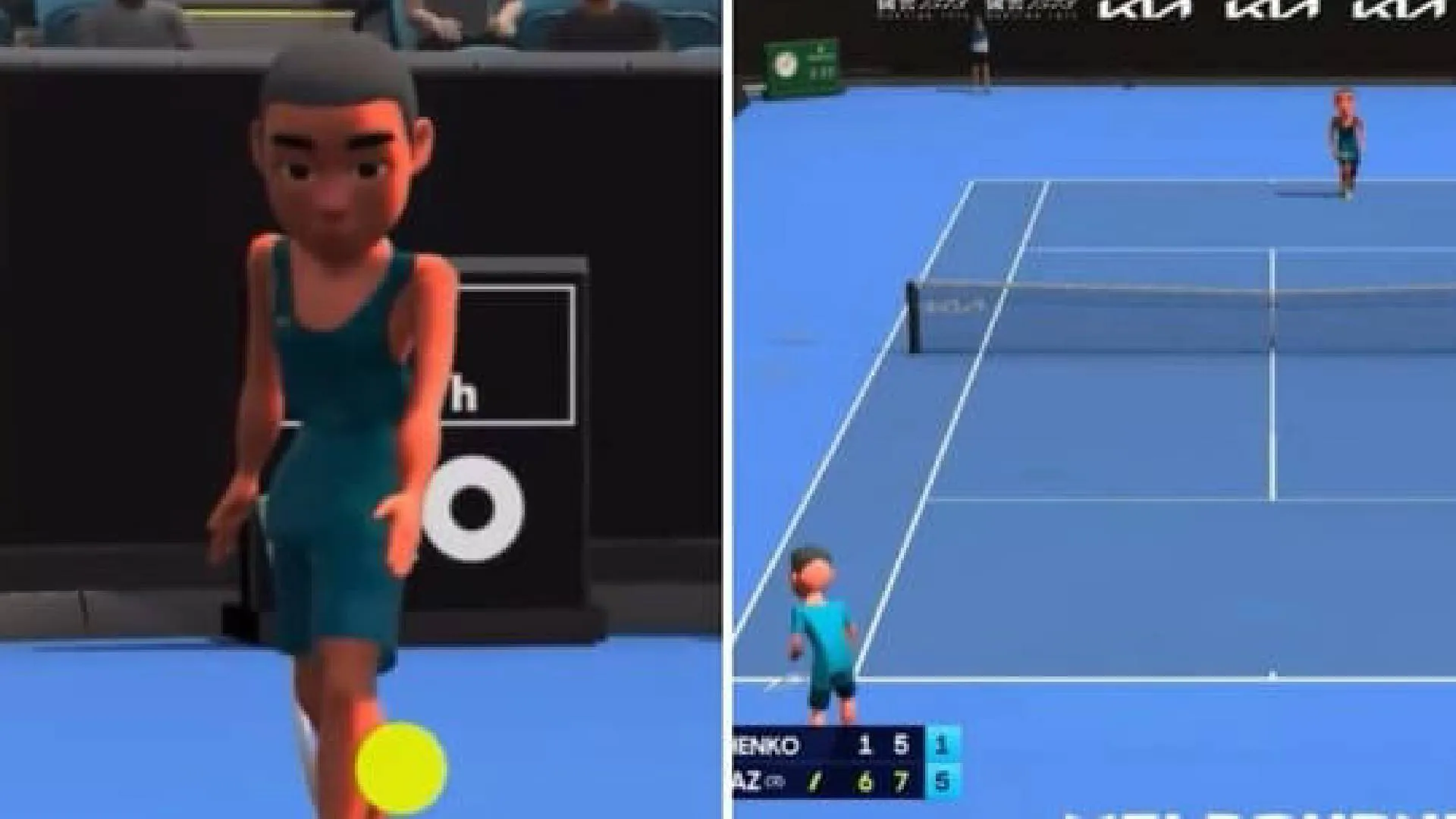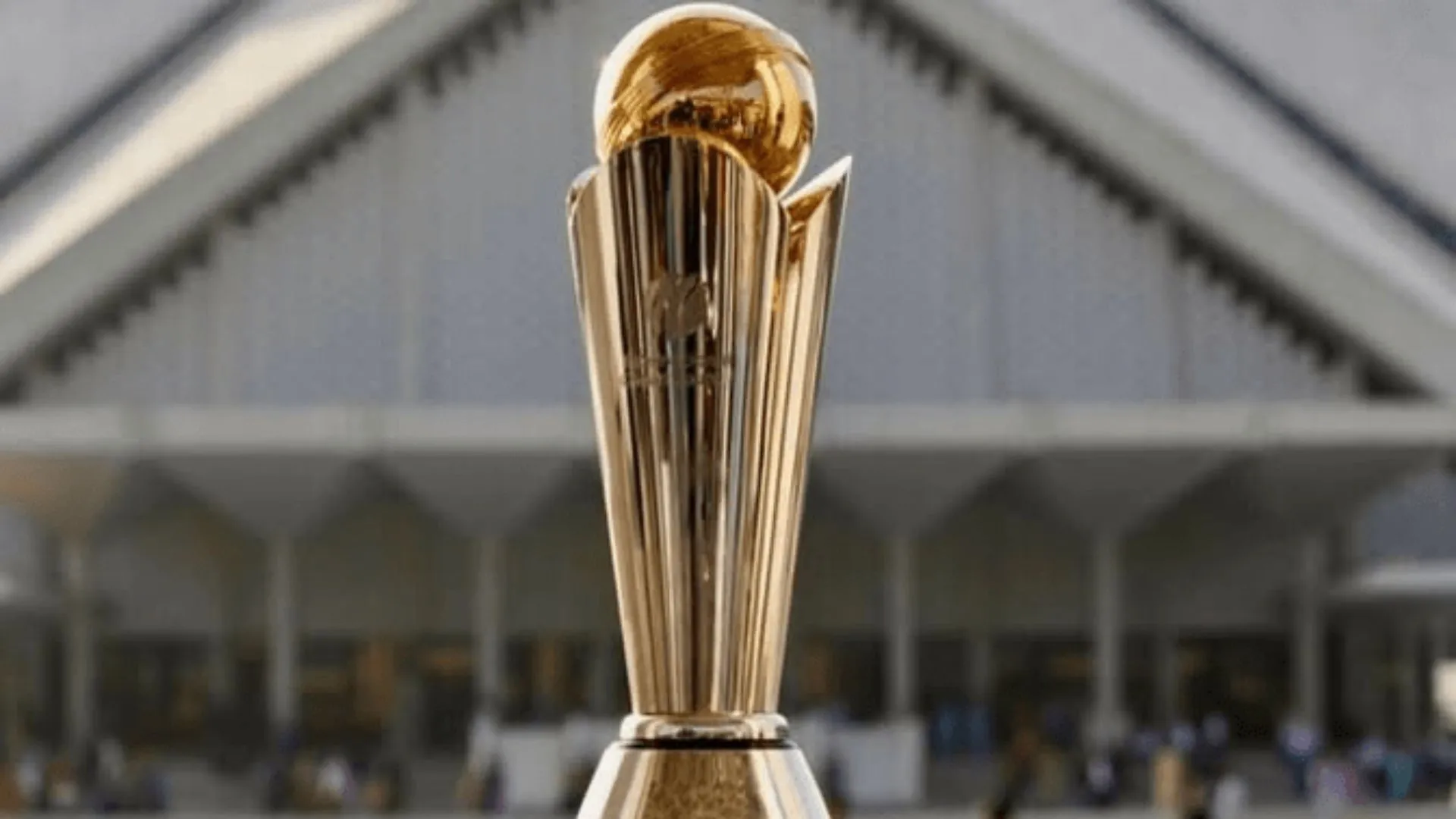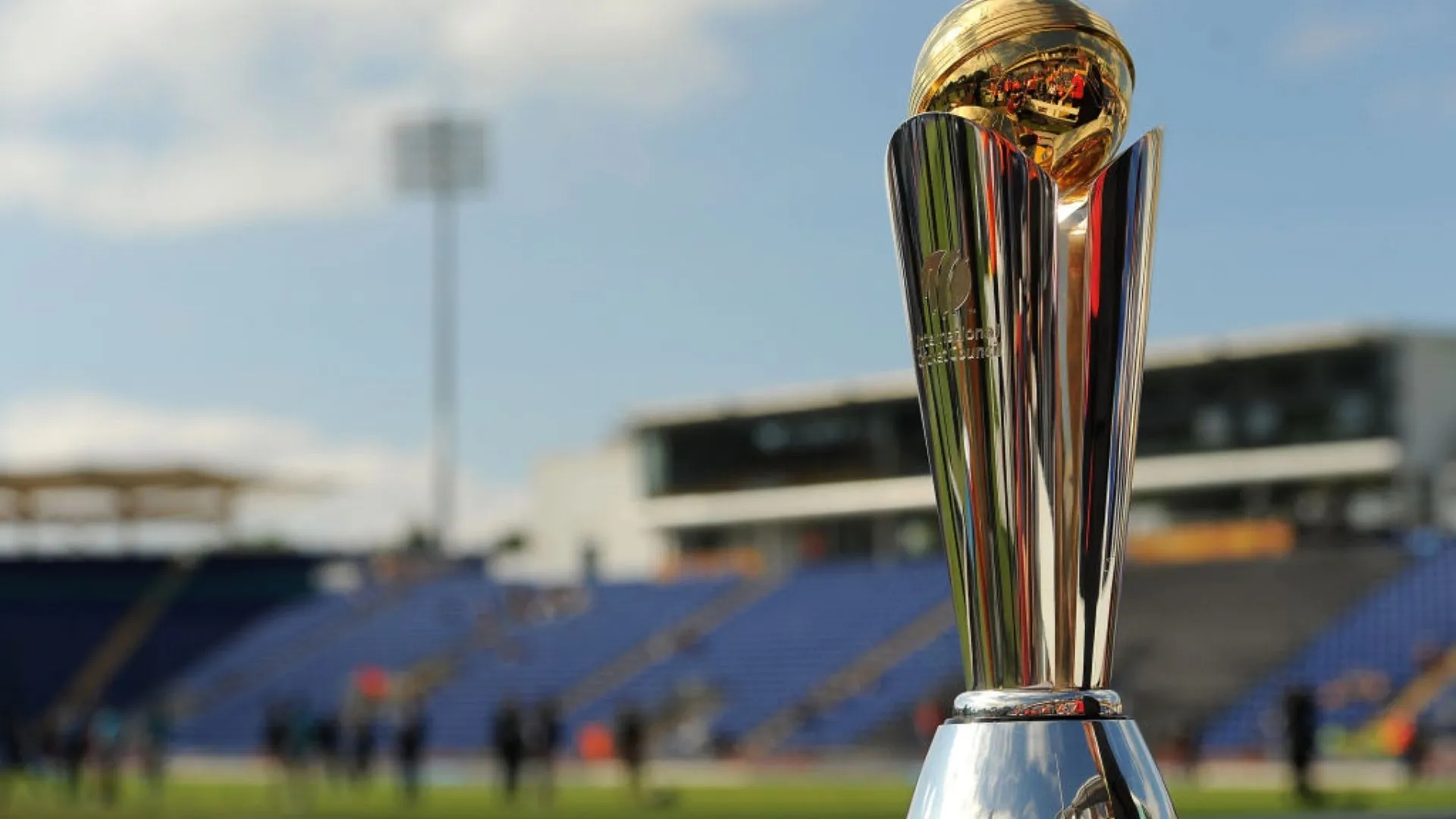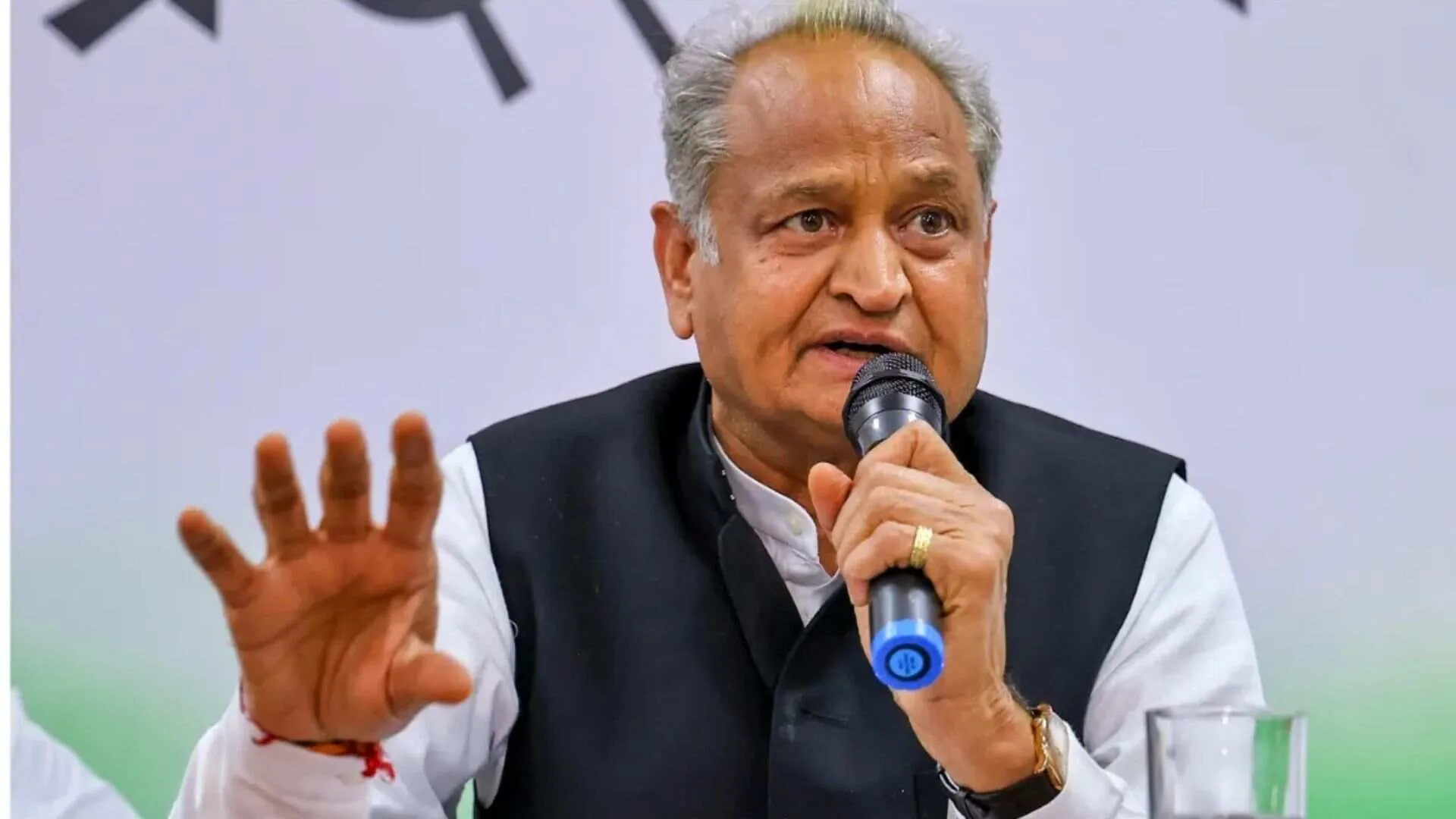India has made it to the Davis Cup final thrice, in 1966, 1974 and 1987. But, for the Indian tennis stalwart Vijay Amritraj, the title clash against the much-fancied Swedish side at the Scandinavium in Gothenburg in 1987 will always hold a special place of pride in his heart. Although India lost 5-0 in the summit clash, it was the visiting team’s impressive run in the ‘World Cup of tennis’ – especially the come-from-behind 3-2 win against Australia in the semifinals – that made everyone sit up and take notice of the country’s charge in the racquet sport.
“Well, reaching the finals of the three Davis Cup will always have the pride of place in my house. But, the one right there on the top has to be the 1987 finals where we had lost to Sweden. The whole journey was kind of a special moment for us because we certainly weren’t the second best team in the world. Considering all the rankings and participating nations, still we were able to put together a cohesive team and train well. All the team members and managers shared a great rapport,” Amritraj recalled.
“So, we really got along well and, by the time we got to the final, it was just amazing. Talking about the 1974 campaign, needless to say, we defaulted the match in South Africa protesting apartheid for all the right reasons. I think the important aspect of it meant a lot to me because it was really more of a momentum of that default to South Africa than anything else,” added the player-turned-sports commentator.
Amritraj, who had made it to the quarterfinals at both Wimbledon (1973 and 1981) and the US Open (1973 and 1974), also fondly touched upon the team’s brilliant victory against Australia at home during India’s 1974 Davis Cup final dash.
“The most important matches there were beating Australia in Calcutta (now Kolkata) in front of the vociferous home crowd during the Eastern Zone play-offs. It was a packed tennis stadium with 15,000 to 20,000 spectators in attendance. After our win over the Australians, we played a fantastic match against the Soviet Union which had Alex Machiavellian in attendance. I still remember that remarkable doubles victory when Anand (Amritraj) and I had combined to prevail against Alex Metreveli and Vladimir Korotkov (13‐15, 7‐5, 19‐17, 6‐3). It was special to be able to get to the final in 1974. I was just 20 that time, looking for a piece of history by winning the Davis Cup.”
Amritraj also offered his perspective as to how the game has changed, or rather evolved, during his playing days of style and finesse to its current fast-paced, often physically brutal nature.
“Well, from the game’s perspective, obviously it’s changed a lot. The court surface has changed, bolts have changed, equipment has changed and so do the players. They are much taller and physical than they ever were. It’s more of a sprint today than it was not that a marathon where we used to play singles and doubles for five sets. And then in certain grand slams also the mixed doubles. So, you ended up playing three major events. You had to play a lot of tournaments today at the top-class circuit over the course of the entire 52 weeks. I think you’re protecting your body by displaying singles so that we can really concentrate on that alone. But, at the same time, certain things haven’t changed like how you perform when down 4-5, 30- 40 or 15-40 during the game. How do you manage to come back from that precarious situation, the mental aspect of it hasn’t changed much,” he explained.
Amritraj, who had this uncanny knack of placing his shots like a craftsman, picked the Indian team as “favourites” to win against Sweden on the grass surface of DGC.


